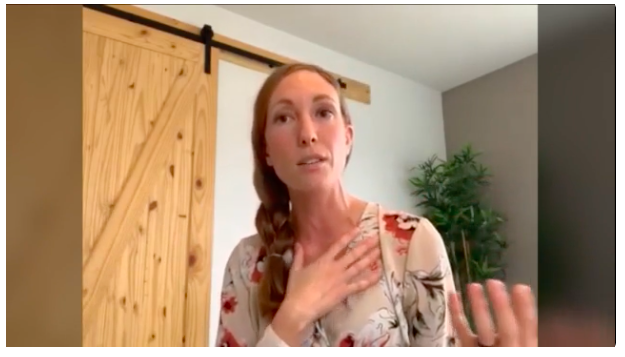Check out our segment on Superstitions!
On this Friday the 13th, we wanted to learn more about the psychology of superstitions, so we turned to therapist Jessie Shepherd.
She says when people start believing in one thing – like that they are lucky or unlucky – they begin paying more attention to the events that reinforce what they already believe. (Hamerman, E. J., & Morewedge, C. K. (2015). Reliance on Luck: Identifying Which Achievement Goals Elicit Superstitious Behavior. Personality and Social Psychology Bulletin, 41(3), 323–335. )
It is a form of reactivity when a person expects a given result and therefore unconsciously affects the outcome, or reports the expected result. This is why there are double blind studies to remove this bias.
Jessie says superstitions give us a sense of control, specifically when we are emotionally intertwined with, but have little way to affect a real outcome. And, she says there are ways to get your superstitions to work positively for you:
• Optimism (see opportunity/positivity)
• Openness (to take the opportunity)
• Skill/being prepared (prepared for the opportunity)
Superstitions that have real truths
Jessie also talked about some common superstitions.
Don’t open an umbrella indoors: You or a family member will be injured or have bad luck.
The Truth: Opening an umbrella really isn’t a good idea- the metal framework could harm soft tissues like your eyes. Specifically if your umbrella has a spring action opening mechanism.
Don’t walk under a ladder: General bad luck with this one.
The Truth: Having someone walk under a ladder has the potential of them knocking it and making it unstable. Anyone near the ladder could get hurt.
Shoes on the table: Whoever puts their shoes on the table will become ill or die.
The Truth: Putting your shoes on the table brings the surface you walk on and the surface you eat on together- sharing germs and whatever else you brought in, increasing the likelihood of illness.
You can find more information at blueclovertherapy.com.
Jessie Shepherd, MA, LCMHC is a Mental Health Counselor in Utah. She has a Masters Degree in Mental Health Counseling from the University of Phoenix and a Bachelors degree in Psychology from the University of Utah. Her focus is treating trauma, eating disorders and adjustment issues in adults, adolescents, children and their families. She utilizes Dialectic Behavioral Therapy (DBT), Play Therapy, Eye Movement Desensitization and Reprocessing (EMDR) and Neurological Feedback. She also works with performance anxiety and performance enhancement using EMDR and Neurological Feedback.

